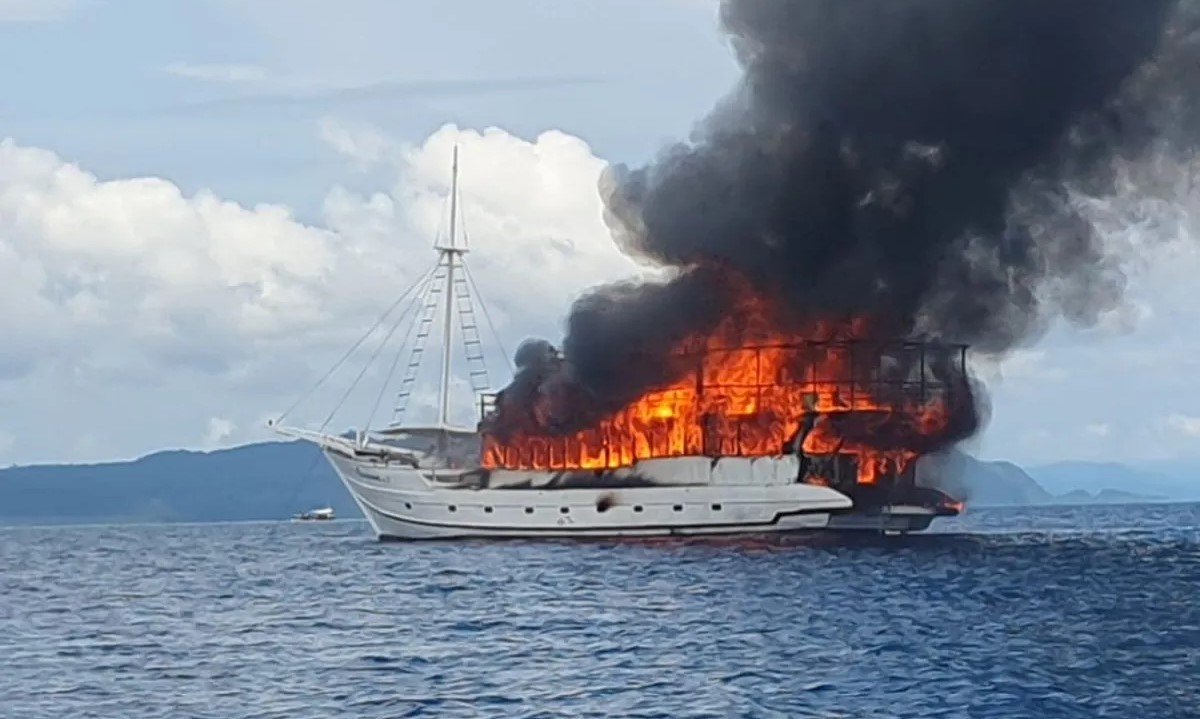Two years ago, for example, I was on a liveaboard out from Sharm El Sheikh, Egypt. The first day an explosion rocked the boat- compressor blew out, the mechanic was injured with several cuts and a big laceration along all his arm- quite deep. I ran to grab the emergency medicine kit, to find only stuff like plaster, some gauze pads, cotton and several types of painkiller pills. Nothing to stop the heavy bleeding from the large gush. Had to improvise pressure bandage from towels.
Boat rushed to shore, ambulance waiting he was taken to ER. There were also several dozen scuba tanks waiting at the jetty, whcih the crew loaded to boat (because the compressor was blown) and placed all over the upper deck, improving safety of course (not), then the boat proceeded with the itinerary.
I am sure such incidents arr never mentioned, nor recorded, monitored or anything. We truly don't know the real prevalence of such events. Or events like me going down stairs with wet feet, falling through all of them like in cartoons- ended up with no broken bones, just a huge hematoma covering half my ass, was deep purple for several weeks. Galley fires, tanks rolling and falling on feet, head banged on ladder climbing up the boat, there are countless of ways to get injured on a liveaboard, the vast majority goes unreported unless there was death or severe injury and it makes local media, at best. Then, we do not know and can only estimate how many liveaboard boats, how many trips every year, the number of crew and divers/visitors to even get a minimal grasp of statistics. We are a far cry to having even remotely enough information to have a rough estimate.




